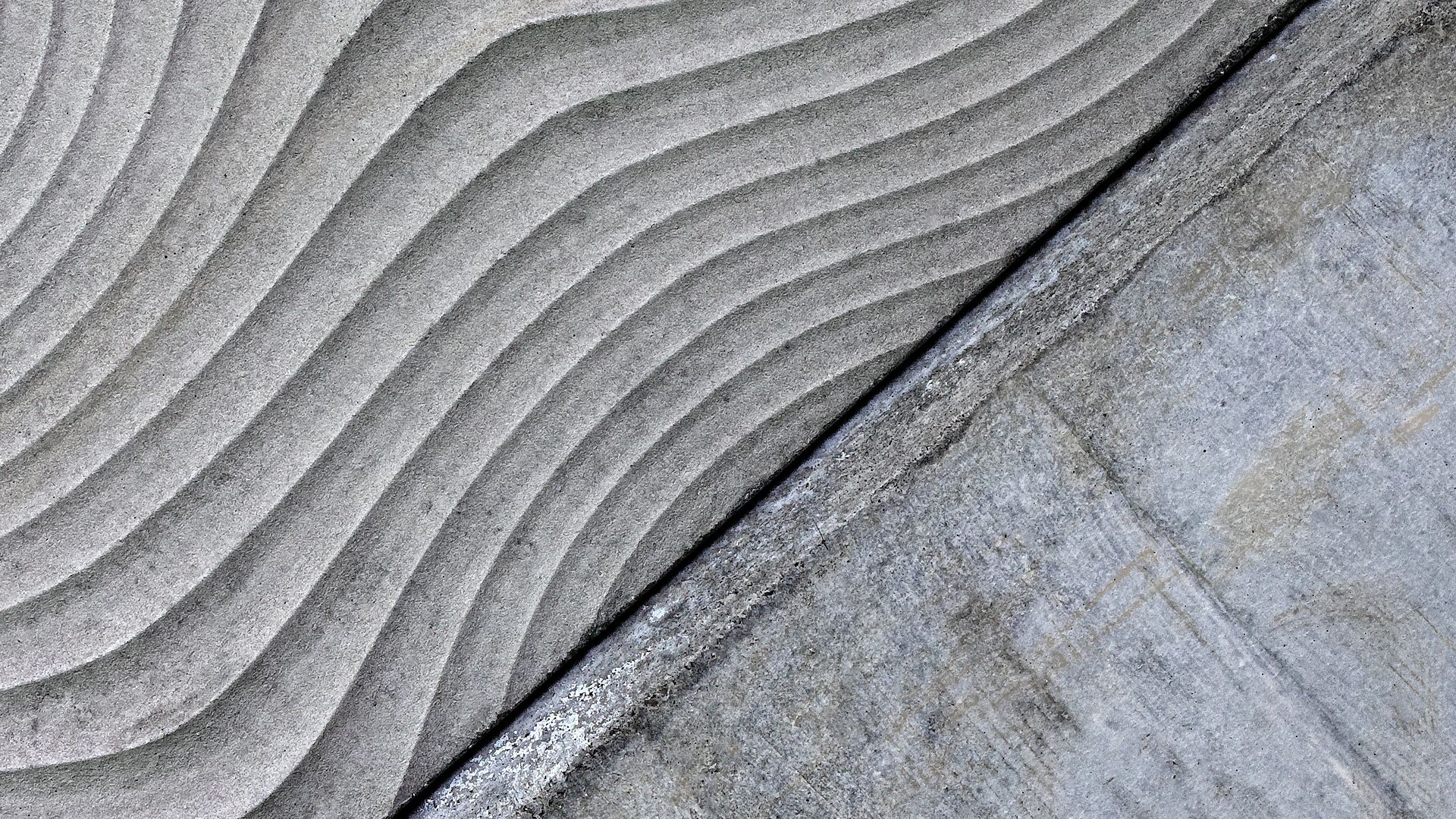Cutting-edge Concrete Layout: Boost Your Residential Or Commercial Property with Customized Concrete Work
Cutting-edge Concrete Layout: Boost Your Residential Or Commercial Property with Customized Concrete Work
Blog Article
Revealing the Eco-Friendly Advantages of Utilizing Recycled Concrete in Lasting Construction Practices
In the realm of sustainable building and construction practices, the usage of recycled concrete stands as an essential yet usually underestimated resource. Beyond its traditional applications, recycled concrete deals a myriad of environment-friendly advantages that expand far beyond the boundaries of standard building products.
Ecological Advantages
Undoubtedly, one of the most significant benefits of using recycled concrete is its favorable influence on the atmosphere. By integrating recycled concrete into construction techniques, there is a substantial decrease in the requirement for new raw materials, resulting in conservation of natural sources. This procedure aids in protecting aggregates, water, and power that would certainly have been utilized in generating brand-new concrete. Additionally, the usage of recycled concrete lessens the quantity of waste being sent to land fills, consequently minimizing environmental contamination and easing the stress on landfill capacities.

In contrast, recycled concrete has a lower carbon footprint as it decreases the demand for brand-new concrete production. Overall, the ecological benefits of utilizing recycled concrete are substantial and play a critical function in advertising environment-friendly construction approaches.
Cost-Efficiency
Achieving cost-efficiency is a critical consideration when examining the application of recycled concrete in construction jobs. One of the crucial benefits of making use of recycled concrete is its cost-effectiveness compared to standard concrete.
Moreover, using recycled concrete can result in cost savings in garbage dump expenses by drawing away concrete waste from disposal websites. This not just lowers the ecological impact however additionally removes the prices connected with waste removal. The toughness and efficiency of recycled concrete are similar to conventional concrete, ensuring that price financial savings do not jeopardize the high quality of the building.
Resilience and Strength
Recycled concrete offers similar, if not premium, sturdiness and toughness properties to standard concrete - Concrete. Through improvements in processing methods and top quality control, recycled concrete can satisfy or go beyond the performance criteria of traditional concrete.

Waste Reduction
When it comes to using recycled concrete, waste reduction is a key advantage that adds substantially to ecological conservation. By integrating recycled concrete into construction projects, this waste is repurposed and diverted from landfills, reducing the total ecological influence of building and construction tasks.
In addition, the use of recycled concrete can lead to cost financial savings for building jobs, as it is typically more economical than sourcing and transporting brand-new materials - Concrete. In final thought, waste decrease through the application of recycled concrete is a crucial part of lasting building techniques that benefits both the building and construction and the environment market as a whole.
Power Preservation
Energy conservation is an important aspect of sustainable building techniques, aiming to decrease the general power intake related to structure procedures and materials production. When Visit Website it involves using recycled concrete in construction, considerable power savings are attained compared to standard concrete manufacturing. The procedure of producing recycled concrete includes squashing and recycling existing concrete products, which eats much less power than mining, processing, and delivering raw products for new concrete from this source manufacturing. In addition, the usage of recycled concrete can assist reduce the demand for virgin aggregate, further decreasing the energy-intensive extraction and handling of natural deposits.
Verdict
Finally, the usage of recycled concrete in lasting construction practices uses various ecological advantages, cost-efficiency, sturdiness, strength, waste decrease, and power conservation. By including recycled concrete right into building projects, we can add to a more eco-friendly and lasting future. It is crucial for the building sector to prioritize making use of recycled materials to aid decrease the ecological impact of building and construction activities.
One of the crucial advantages of utilizing recycled concrete is its cost-effectiveness contrasted to conventional concrete.In addition, the use of recycled concrete can lead to cost savings in landfill expenses by drawing away concrete waste from disposal sites. The sturdiness and efficiency of recycled concrete are comparable to standard concrete, ensuring that expense savings do not jeopardize the high quality of the building.
:max_bytes(150000):strip_icc()/GettyImages-941748918-5c7f3654c9e77c00012f82f6.jpg)
Report this page